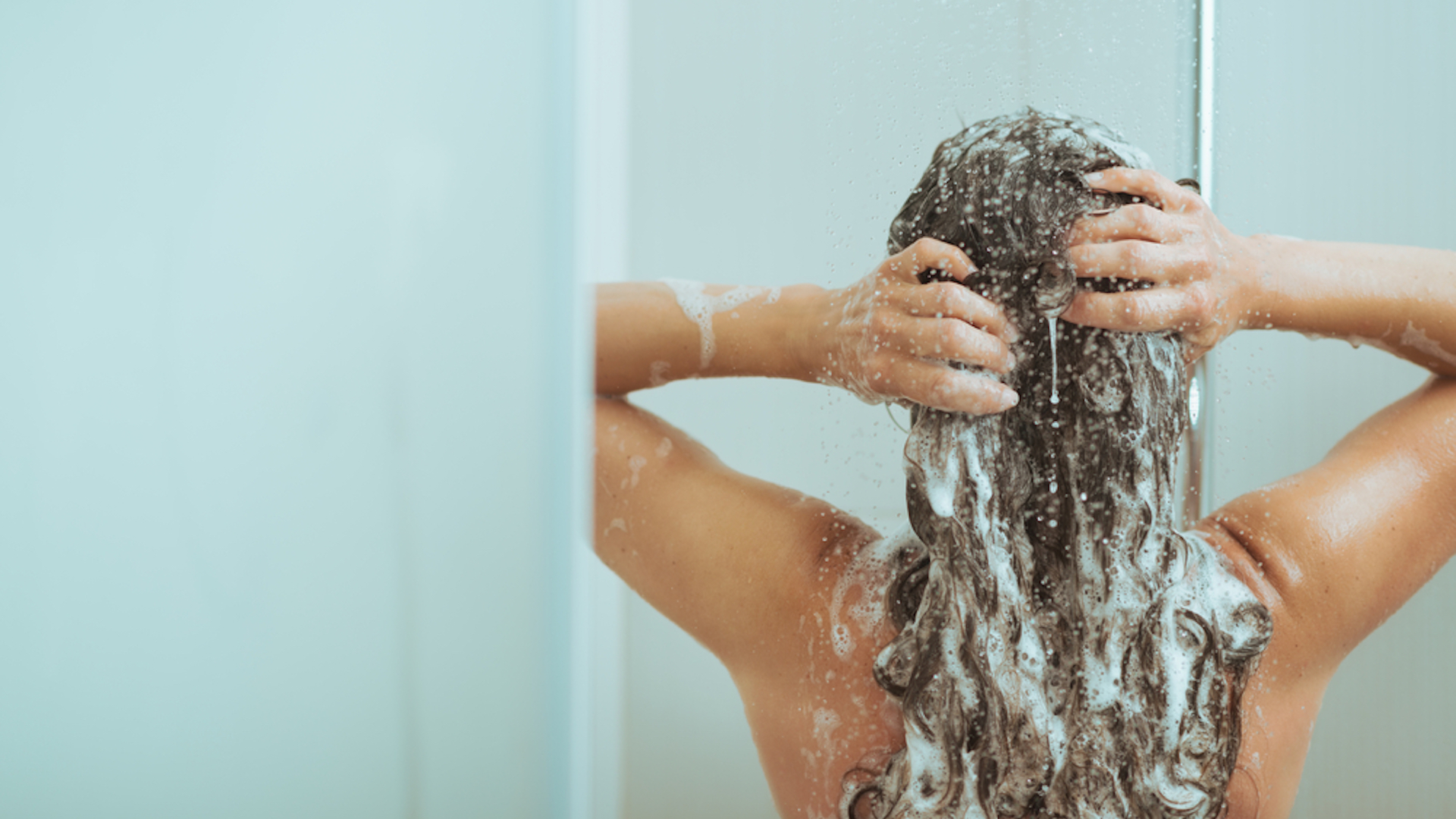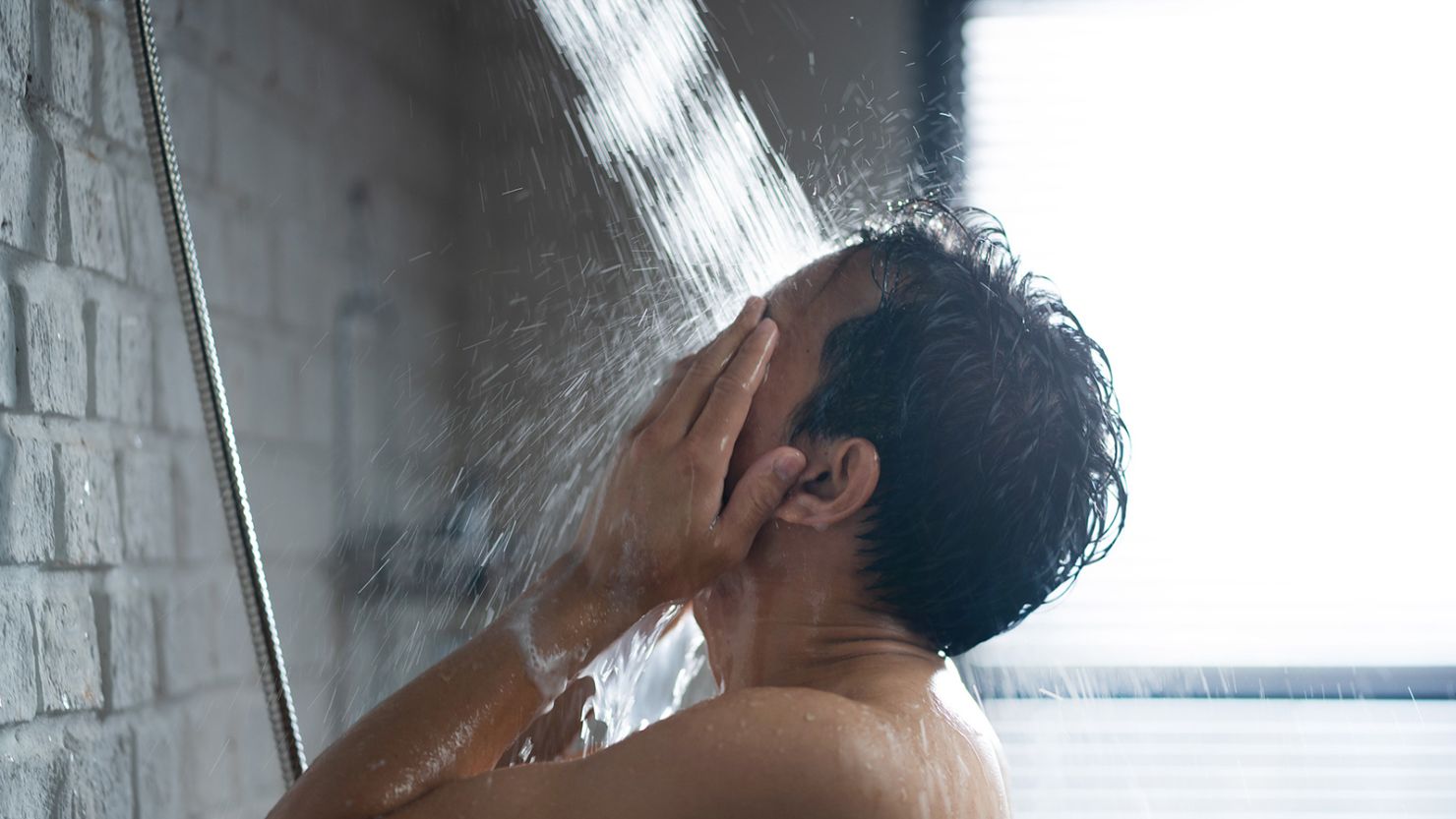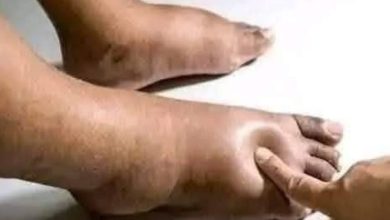Taking a bath is an essential part of daily hygiene, but there are certain times when bathing can negatively impact your health. Here are four situations when you should avoid bathing, no matter how dirty you feel.
1. Right After Waking Up
Many people believe that taking a bath immediately after waking up helps them feel refreshed and energized. However, this habit can actually be harmful.
After a night’s sleep, the body is in a relaxed state, with slower blood circulation, lower heart rate, and reduced blood pressure. Bathing right after waking up, especially with hot water, can cause blood to rush to the skin’s surface, decreasing the supply to vital organs like the brain and heart. This sudden shift can lead to dizziness, fatigue, or even fainting, particularly in individuals with fluctuating blood pressure.
Additionally, morning is when blood sugar levels are naturally lower, especially for those who had an early or light dinner. A hot bath in this state can further drop blood sugar, increasing the risk of hypoglycemia.
To avoid these risks, it’s best to wait until your body fully adjusts to being awake—perhaps after some light movement or exercise—before taking a bath.

2. Right After Eating
Some people have a habit of showering immediately after meals, but this can interfere with digestion.
After eating, the digestive system requires a significant amount of blood to properly absorb and break down food. Bathing too soon after a meal redirects blood to the skin, reducing blood flow to the digestive organs. This can lead to indigestion, bloating, and long-term digestive issues.
The impact is even greater after consuming fatty or protein-rich foods, as these require more blood to aid digestion. To prevent this, it’s advisable to wait at least 30 minutes to an hour after eating before bathing.
3. Late-Night Baths Before Bed
Bathing after 10 PM—especially right before sleep—can pose health risks. Whether using hot or cold water, the sudden temperature change forces blood vessels to constrict or expand, potentially triggering blood vessel spasms, high blood pressure, or even stroke.
Additionally, showering too close to bedtime can interfere with sleep quality. Hot baths raise body temperature, while the body naturally needs to cool down to promote the release of melatonin, the hormone responsible for sleep. To avoid disrupting this process, it’s best to bathe 1–2 hours before bed, giving your body time to regulate its temperature. Keeping water temperature moderate also helps prevent overstimulation of the nervous system, which can make it harder to fall asleep.

4. Right After Exercise
After an intense workout, sweating is inevitable, and many people feel the urge to shower immediately. However, this is not the best idea.
During exercise, heart rate and blood pressure rise, and the body enters a heightened state of activity. Taking a cold shower at this point can cause sudden blood vessel constriction, disrupting circulation and potentially leading to cardiovascular issues or even stroke.
Moreover, the body needs time to cool down naturally. Bathing too soon—especially with hot water—can interfere with this cooling process and put extra strain on the cardiovascular system. To stay safe, it’s best to cool down, rest, and allow your heart rate and body temperature to return to normal before taking a bath.
By avoiding bathing during these critical times, you can protect your health while still maintaining proper hygiene.








